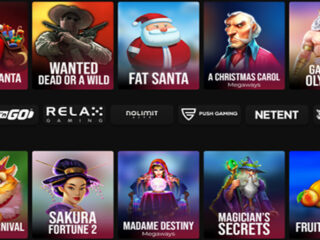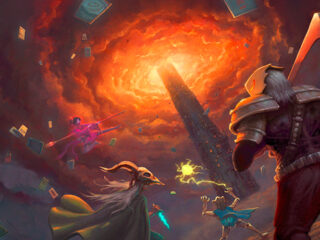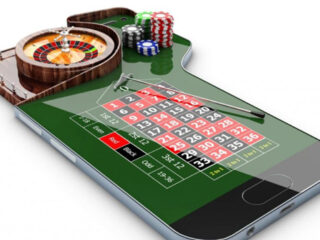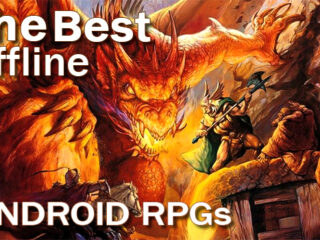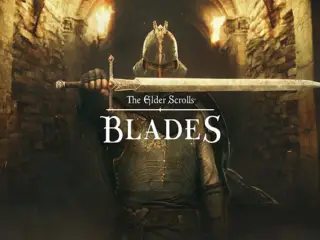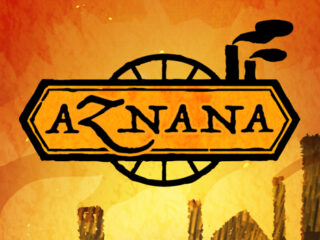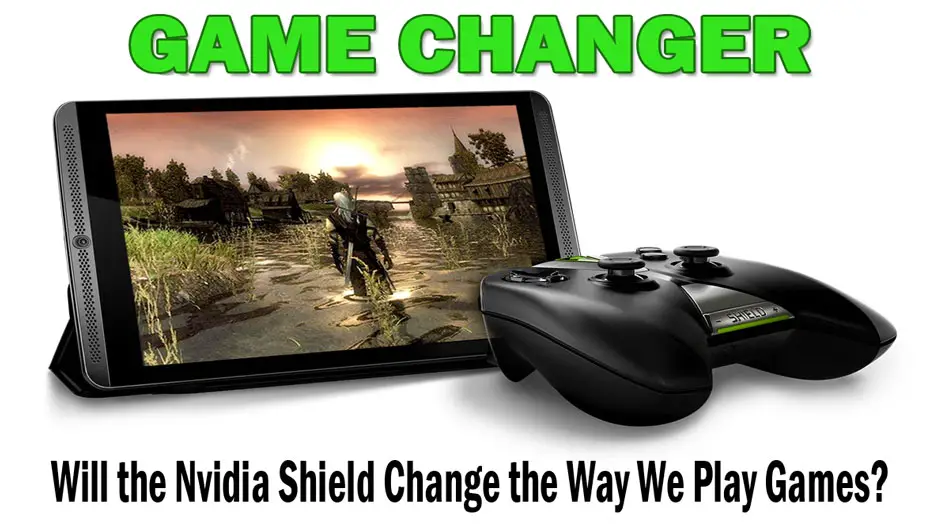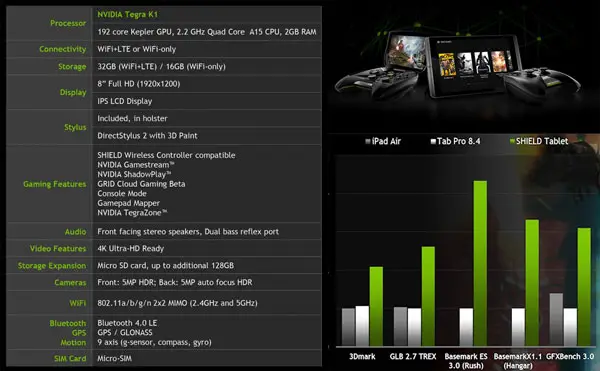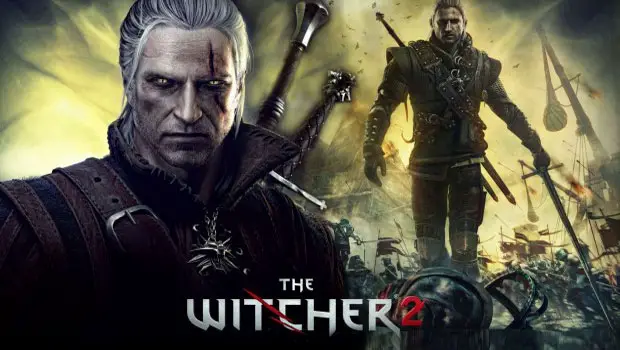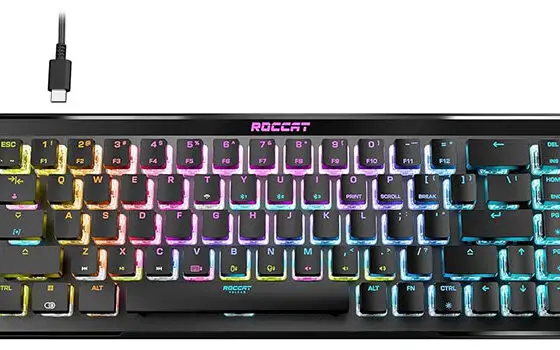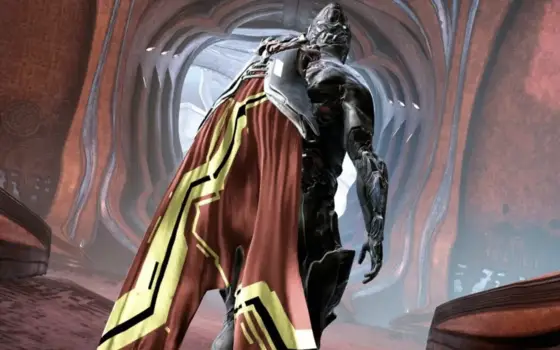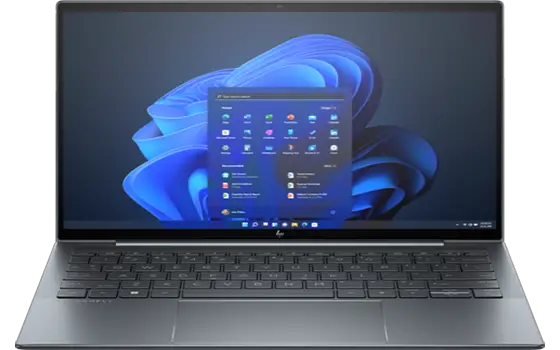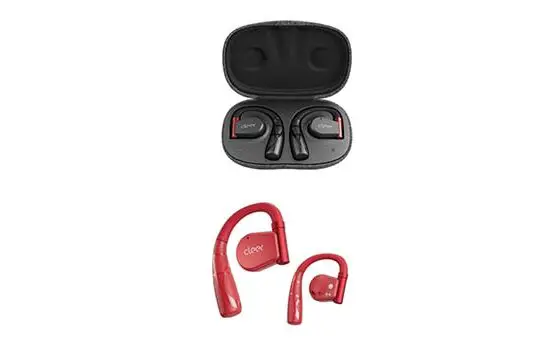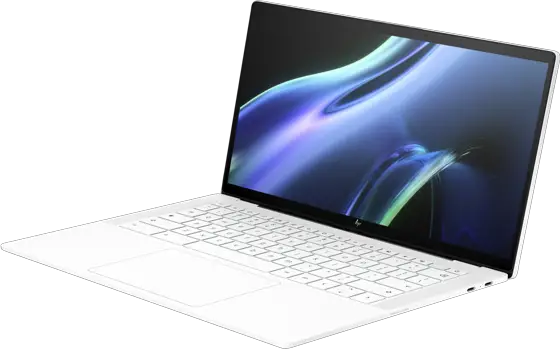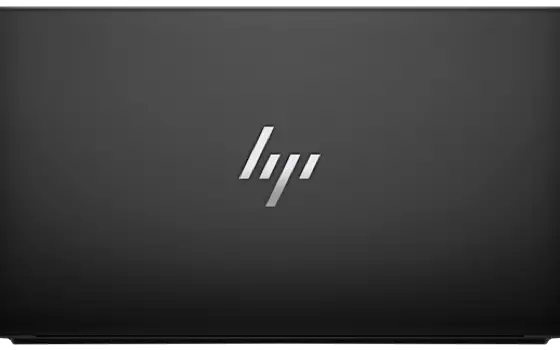As of this writing, NVIDIA’s Shield Tablet represents the fastest, most powerful smart device money can buy. However, it’s the Shield’s relatively unsung (relative to how badass it is) streaming capabilities that make the tablet a must-have for mobile gamers. They are also the reason that the Shield carries the potential to not only transform mobile gaming but to dramatically alter the way we buy and play games across the board.
–
The Basics
With the recent release of the Shield console there are now 3 pieces of hardware that bare the NVIDIA’s Shield brand. Our main concern here is the Shield Tablet as we are an Android gaming site and Nvidia’s tablet is hands down the premiere Android smart device. Also it’s the one we’ve been playing and testing (mostly playing) these past few months. The gist of what we have gathered from this experience is that premium is the operative word when it comes to the Shield Tablet. Sporting a spacious 8-inch 1900×1200 screen—the same display resolution as Android’s former premiere gaming tablet, Google’s (second generation) Nexus 7—the Shield offers players sumptuous visuals at unprecedented speeds. The power that makes this happen is the K1 Tegra, an aggressive monster of a mobile processor. The K1 features NVIDIA’s Kepler GPU architecture and comes replete with a whopping 192 CUDA cores. What’s more, the K1 supports a wealth of high-end graphical features such as HDR lighting, global illumination, subsurface scattering and tessellation. The end result of this ensemble of goodness is that the K1 is a generational leap beyond its nearest rival. NVIDIA’s Tegra 4, a chip that was, up until the K1’s release, NVIDIA’s flagship chip and arguably the fastest mobile processor on the market, is clearly not even in the same league. The K1 decimates its predecessor and the rest of competition, in just about every benchmark test available. Perhaps the best testament to Shield’s viability, however, particularly in the video gaming sphere, is that titles like Portal, Half Life 2 and Doom 3 BFG edition are all suddenly playable on an Android device.
The Ace in the Hole
But it’s in its streaming capabilities that the Shield Tablet really shines. Streaming comes in two flavors on the Shield. The older system of the two is NVIDIA’s GameStream, which streams games directly from a local PC to your Shield tablet or device. This version allows players to play any of a veritable throng of AAA PC games, including popular titles like Warframe, GTA V, and Diablo III to say nothing of a slew of critical hits like Pillars of Eternity, Wasteland 2 and Divinity: Original Sin. The other way to enjoy PC titles on your Shield is through NVIDIA’s Grid service. A cloud-based subscriptions service, Grid plays like Netflix for games, or for you PlayStation fans like Sony’s Now service. Except, participatiion in Grid will not run you twenty dollars a month. We tested out both methods of streaming over the past month or so and can report the following: Presently NVIDIA’s GameStream is too often a difficult and frustrating mess, while the Grid service works like a charm.
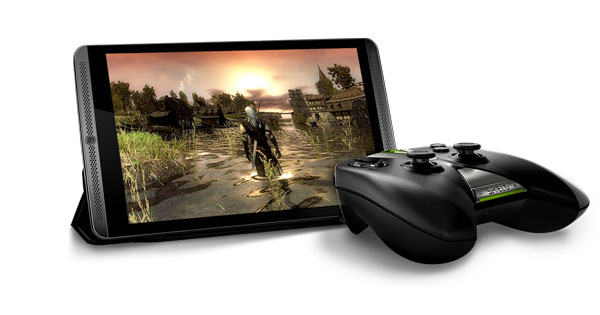
GameStream
Thus far we have been unable to get NVIDIA’s GameStream to work on both the custom-built (in-house) PCs and on a couple of current gen NVIDIA-powered PCs we have hanging around the Hardcore Droid offices. We also employed two different routers, among them a model NIVIDIA recommends for GameStream. We created a dedicated server and employed a port forwarding program and we spent a number of hours piecing our way through various how tos and forum recommendations all to no avail. We mention that a few of the PCs are custom built to highlight the fact that a few of us knw our way around a LAN. For now, suffice it to say that GameStream is a flawed system at best—that even if, like us, you have the requisite expensive, high-end hardware and super-fast Internet speeds you are still likely to run into difficulties.
Grid
Grid worked without a hitch and gave us a glimpse of what it would be like to get GameStream running. We’re slightly miffed to have to tell you that Nvidia’s cloud-based game service is supposedly only free for a couple of more weeks or so, but almost as happy to report that NVIDIA has dropped hints suggesting that they plan to set their pricing structure up as something similar to that of NetFlix. If that means ten bucks a month, we strongly suggest that users go for it. As of this writing, Grid offers 51 games to Shield device users, including the following:
- The Witcher 2
- Borderlands
- Grid 1 and II
- Pyschonauts
- Brutal Legend
- Batman: Arkham City
- Batman: Arkham Asylum
- Homefront
- Fear 3
- Risen 2
- Dead Island
- Dead Island: Rip Tide
With a host of popular and critical hits being added regularly to Grid and a bunch of AAA titles like Resident Evil Revelations 2, Metal Gear Solid V and the Witcher III on their way in the near future, the choice of whether Shield owners should take advantage of Grid when it becomes a paid service is a foregone conclusion. Yes, of course you should. We have a similar message to gamers who are thinking about purchasing the hardware itself. If you love mobile gaming and have $300 dollars to spend, it’s a drop in the bucket for the finest gaming tablet in existence. We here at Hardcore Droid have been captivated by NIVIDIA’s premiere device since its release late last year. Our recent adventures with the sturdy Xbox-like Shield controller and Shield’s streaming technology via Grid have only strengthened our love for the Shield Tablet. To that end, we are dedicating a section of Hardcore Droid to Shield news and reviews. In the upcoming weeks look out for hardcore reviews of PC ports and special Shield-only exclusives like Portal and Half-Life 2: Episode I. At the very least I hope I’ve convinced a few of you to take a good hard first or second look at this amazing tab. Hopefully a few of you will eventually even go out and buy the thing.
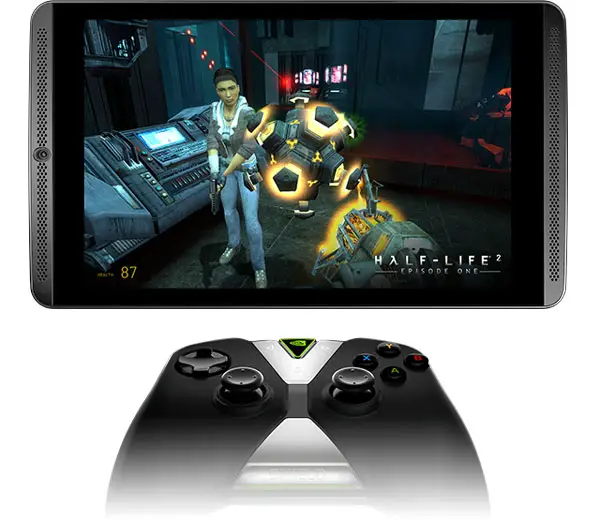
Streaming the Future
While there has been a significant amount of marketing for The Shield, NIVIDIA has unfortunately yet to embark on the kind of blitz that has buoyed similar products to the pinnacle of the tech food chain. Strangely enough, I have run into a few mobile enthusiasts who don’t even know that you can stream AAA PC games on a Shield tablet. Which brings us back to the question we started with: Will the Shield transform the way we play video games? At the very least, we are confident that The Shield and its streaming capabilities will have a significant impact on mobile gaming. As for gaming in general I doubt that consoles owners everywhere are going to abandon their hardware for Shield tablets. And regardless of what the majority of industry watchers seem to be saying about the console market, a wealth of both statistical and anecdotal evidence suggests that a ton of gamers are still wedded to the concept of a high-end living room device, and it’s not as if the console market is simply going to vanish. Though it is significant that statistics, industry watchers and analysts insist that the AAA console market is, generally speaking, in decline. Something or some things will take its place or at least supplement it. While everything the Shield tablet does can be enjoyed in the comfort of your living room by attaching your Shield Tab to your TV (using the micro HDMI output), the Shield is not exactly outselling the Xbox One, and I doubt the tablet on its lonesome ever will. However, if we consider the Shield tablet’s influence tangentially and as such take into consideration the following: the decline of AAA console gaming; the increasing popularity of all things cloud; the elegance and relative inexpensiveness NIVIDIA’s Grid; and finally, last week’s release of NIVIDIA’s superb Grid-streaming Shield Console, and thus rephrased our question to ask: Is Shield’s streaming service among the most viable candidates to fill the gap left by a declining console market? It seems rather clear that Shield’s Grid (or something completely similar) is just that. Shield’s relationship to AAA gaming in general, however, is probably more reciprocal than contentious; because by opening up new venues on which to enjoy video games across the board, Shield ultimately offers a way to breathe life into a variety of gaming markets, including AAA, and that can only be a good thing.
-
SCORE
-
SCORE 2

